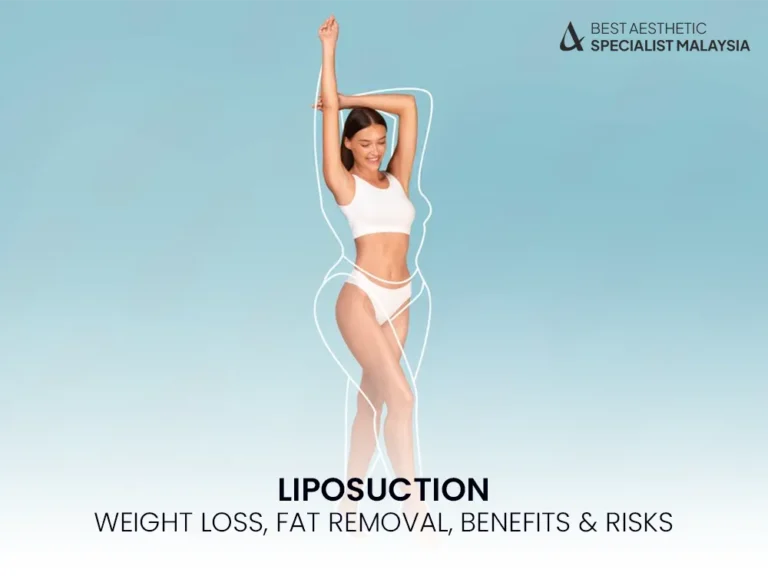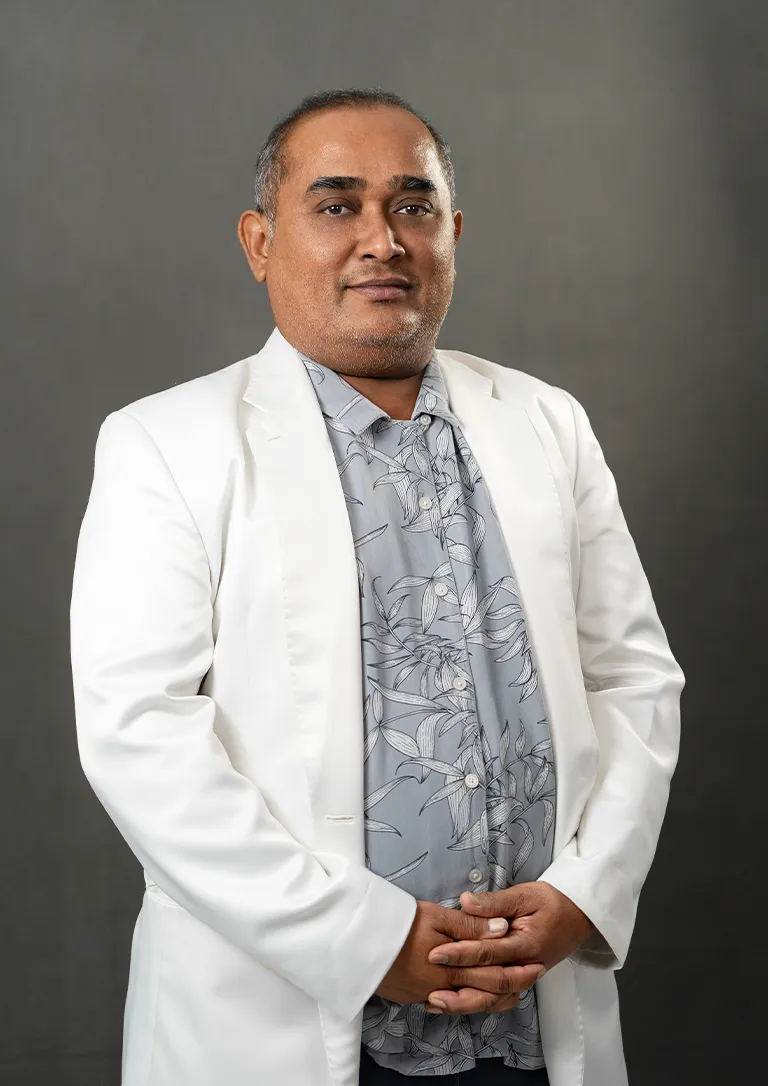Liposuction Explained: What It Is and Why People Choose It
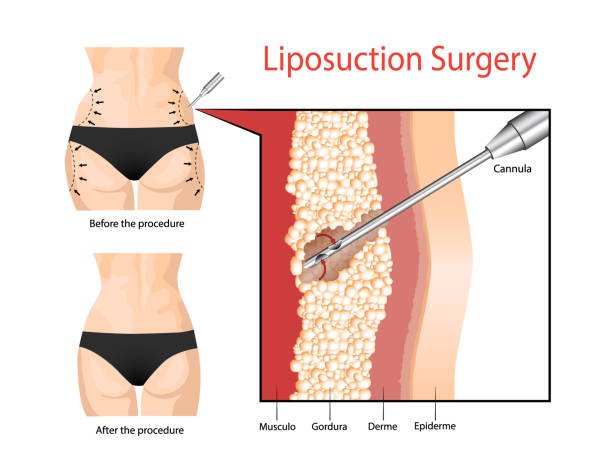
Liposuction is a surgical procedure that removes localized fat deposits to contour the body. In 2024, the global liposuction devices market was valued at USD 989 million and is projected to grow at ~10 % CAGR from 2025 onward. Global Market Insights Inc. Advances in techniques like tumescent, power-assisted, and laser liposuction have made it safer, more precise, and with shorter recovery periods. Whether targeting the abdomen, thighs, arms, or chin, liposuction is for patients whose fat persists despite diet and exercise — not a weight loss method.
How Liposuction Works
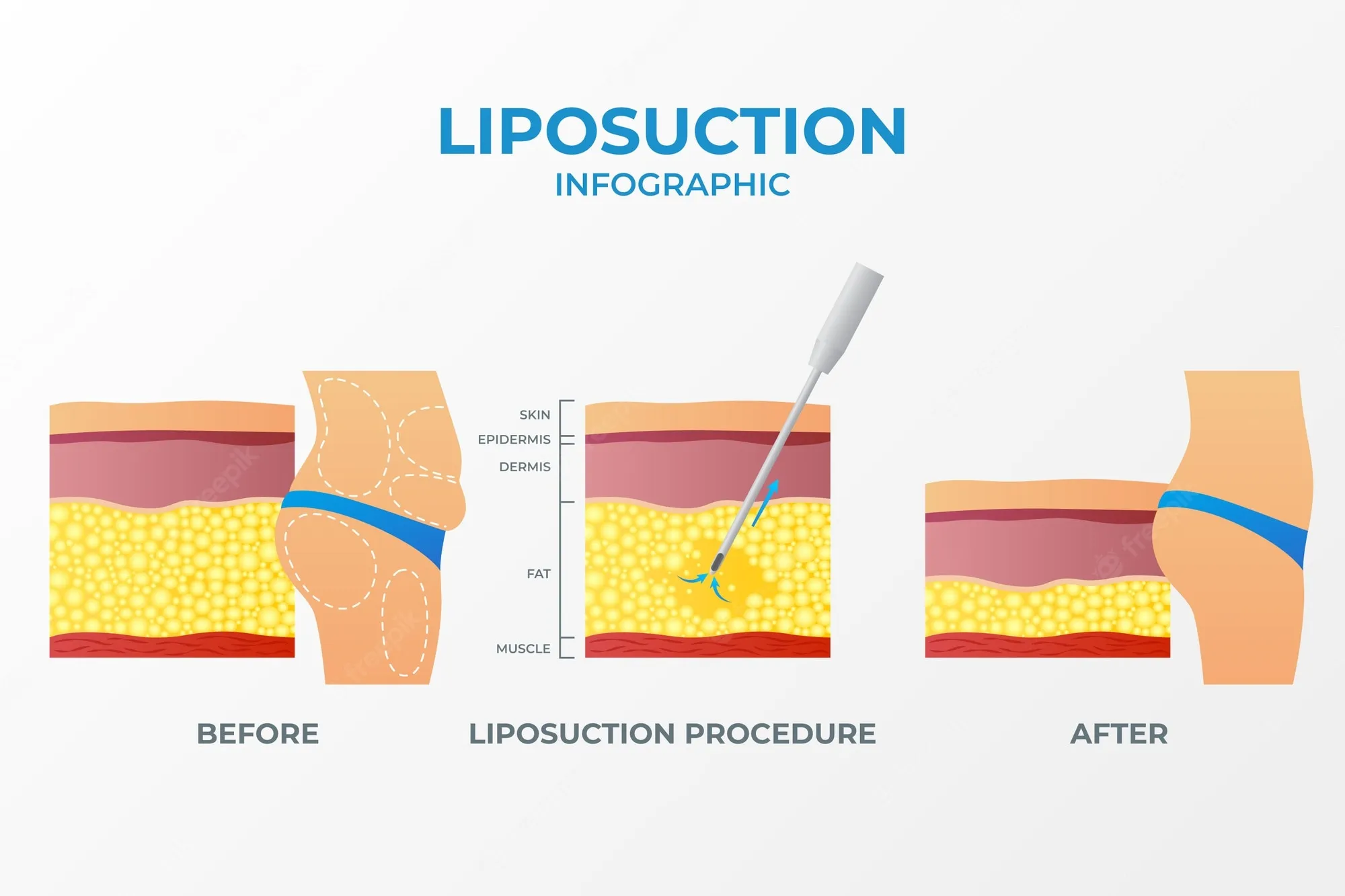
Liposuction is based on mechanical extraction of fat cells (adipocytes). Under local or general anesthesia, micro-incisions (≈ 2–4 mm) are made, and a thin cannula is inserted. Suction is applied, and fat is aspirated while the surgeon sculpts the contour. Some techniques use vibration (PAL), ultrasound (UAL), or laser energy (LAL) to loosen fat before extraction.
The procedure is limited to subcutaneous fat (beneath the skin), not visceral fat or fat inside organs. Because fat cells do not regenerate, the effect is typically permanent—provided body weight is maintained.
Liposuction Techniques
Tumescent Liposuction: A large volume of diluted lidocaine + epinephrine solution is infiltrated, minimizing bleeding and enabling local anesthesia.
Power-Assisted Liposuction (PAL): Uses a mechanized cannula that oscillates to loosen fat, reducing surgeon fatigue and improving precision.
Ultrasound-Assisted Liposuction (UAL): Ultrasonic energy breaks down fat via heat before suction.
Laser-Assisted Liposuction (LAL / SmartLipo): Low-level lasers assist fat disruption and may stimulate mild skin tightening.
Water- or Jet-Assisted Liposuction (WAL / J-Lipo): A pressurized water stream helps dislodge fat for gentler removal.
Each technique has trade-offs in tissue trauma, bleeding, recovery time, and applicability to certain body areas.
Who Is a Suitable Candidate?
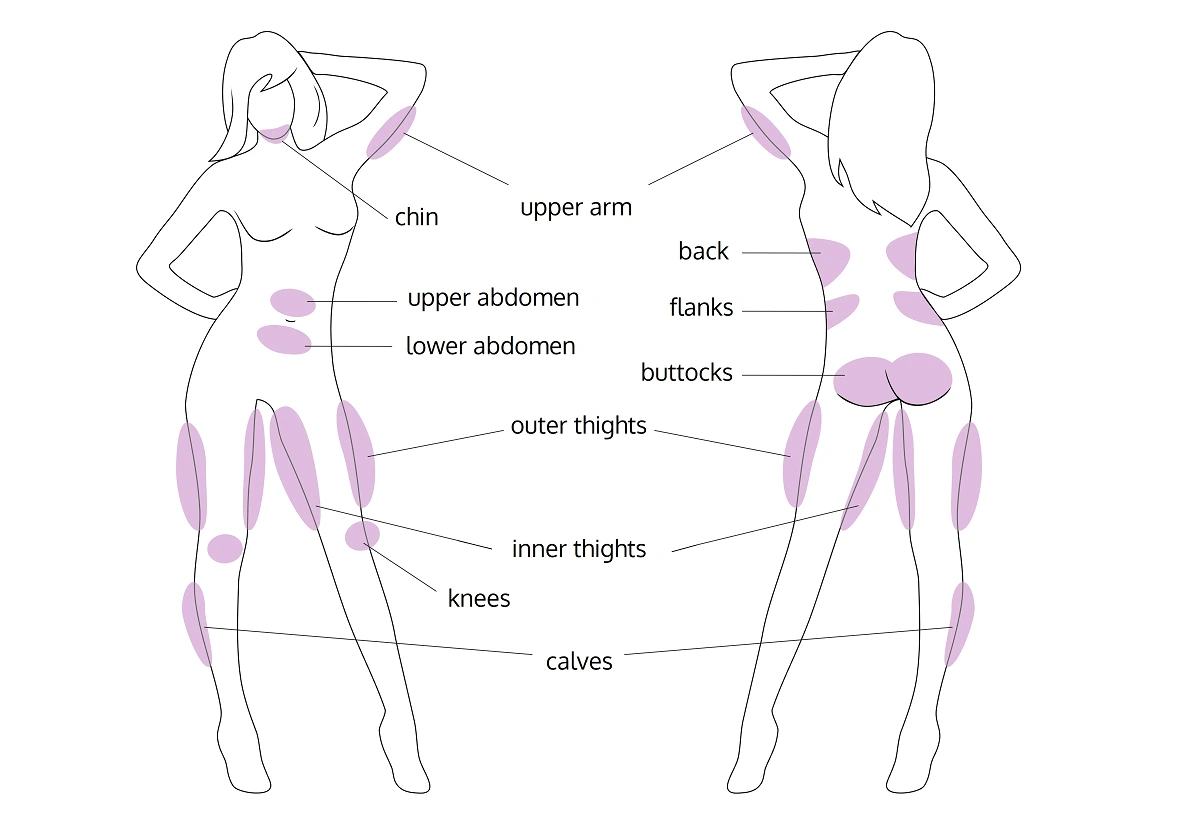
Not everyone wanting a slimmer silhouette qualifies. Ideal candidates are:
Within ~30% of their ideal body weight
Having good skin elasticity (so skin retracts post-treatment)
Having stable weight (not planning large weight loss)
Having localized fat pockets resistant to diet/exercise
In overall good health (no uncontrolled diabetes, bleeding disorders, cardiovascular risk)
During consultation, surgeons assess BMI, skin quality, body shape, medical history, and expectations to determine suitability.
Liposuction Procedure
Preoperative Assessment & Planning
Medical checkups, lab tests, and marking of target areas.
Anesthesia & Infiltration
Tumescent solution or sedation/GA as needed.
Incision & Cannula Insertion
Tiny access points placed in inconspicuous locations.
Fat Aspiration & Sculpting
Surgeon uses cannula with suction to remove and shape.
Hemostasis & Closure
Bleeders are controlled, incisions closed or left with minimal suturing.
Compression Garment & Recovery
Dressings and compression garments applied immediately.
Total time depends on treated areas and volume, usually 1–3 hours for most cases.
Safety and Risks
Liposuction is generally considered safe when performed by qualified surgeons, but not without risks. A systematic review (29,368 patients) showed an overall complication rate of 2.62%, with contour irregularity being the most common. PubMed Another study reported complication rates as low as 1.16 % when liposuction was done in isolation (not combined with other procedures). Oxford Academic
Potential risks include:
Irregular contouring or asymmetry
Seroma (fluid accumulation)
Hematoma or bleeding
Infection
Skin necrosis or burns
Sensory changes or numbness
Anesthesia risks
Deep vein thrombosis or embolism in rare cases
Death in extremely rare, poorly controlled instances PMC+2Oxford Academic+2
Strict safety protocols, volume limits, patient selection, and postoperative monitoring reduce risks.
Recovery & What to Expect
Immediate post-op: Swelling, bruising, and discomfort are expected for days.
First week: Most patients can return to light activity.
Compression garments: Worn daily for several weeks to support contouring and limit swelling.
Full recovery: Most residual swelling resolves by 4–6 weeks; final contour emerges by 3–6 months.
Long-term: Unless weight is regained, results tend to be stable because fat-cell count is reduced in treated zones.
Maintaining a stable weight and healthy lifestyle is vital for lasting results.
Average Liposuction Cost in Malaysia (2025)
| Treatment Area / Procedure | Typical Price (MYR) | Price Range (MYR) | Notes / Drivers |
|---|---|---|---|
| Chin & Neck | RM 5,000 | RM 5,000 – RM 8,000 | Smaller area, less fat, simpler procedure |
| Upper Arms | RM 6,000 | RM 6,000 – RM 9,000 | Moderate fat volume, good skin elasticity |
| Thighs | RM 8,000 | RM 8,000 – RM 15,000 | Larger surface area, moderate complexity |
| Abdomen | RM 10,000 | RM 10,000 – RM 18,000 | Most common area, depends on fat volume |
| Full Abdomen + Waist | RM 20,000 | RM 20,000 – RM 30,000 | Multiple zones, longer procedure time |
| Back / Bra Line | RM 20,000 | RM 20,000 – RM 30,000 | Often combined with abdomen or waist areas |
| 360° / Multiple Areas (combined) | RM 25,000 | RM 25,000 – RM 32,000 | Highest complexity, full-body contouring |
Key Cost Factors
Volume & Number of Areas Treated – More areas or higher fat volumes increase operating time and total cost.
Technique Used – Advanced methods like VASER or laser-assisted liposuction usually cost more.
Surgeon Expertise & Clinic Reputation – Board-certified surgeons and accredited clinics may charge premium rates.
Anesthesia, Facility & Post-Op Care – Type of anesthesia, operating room fees, and aftercare all influence pricing.
Location – Clinics in Kuala Lumpur or major cities may charge higher fees than regional centers.
Liposuction Benefits
Targeted fat removal: Sculpt areas diet/exercise can’t reach
Permanent reduction of fat cells in treated zones
Improved body contouring and shape
Confidence and self-image improvement when realistic goals are met
Frequently Asked Questions
1. Is liposuction a weight-loss method?
No. It’s for body contouring, not significant weight loss. Ideal for localized fat reduction in patients near normal weight.
2. How long do results last?
Results are generally long-term, as fat cells in treated areas are removed. However, new fat can accumulate if weight is gained.
3. Does liposuction hurt?
Patients receive anesthesia. Postoperative discomfort is common, but manageable with pain control.
4. How much fat can be removed safely?
There’s no strict universal limit; safety depends on multiple factors. Major complications are rare (<1 in 1,000) with skilled surgeons. American Society of Plastic Surgeons+2PMC+2
5. What if results are uneven or disappointing?
Revision liposuction may be possible after healing. Choosing an experienced surgeon and appropriate technique is key.
